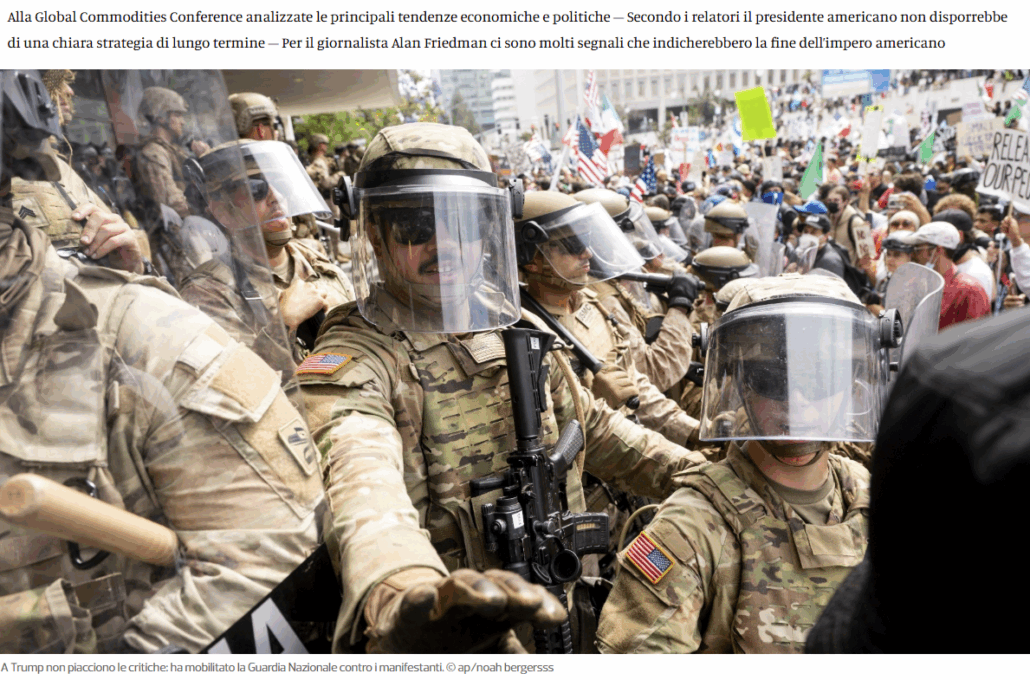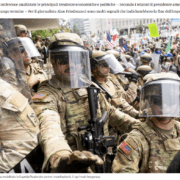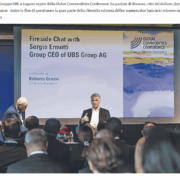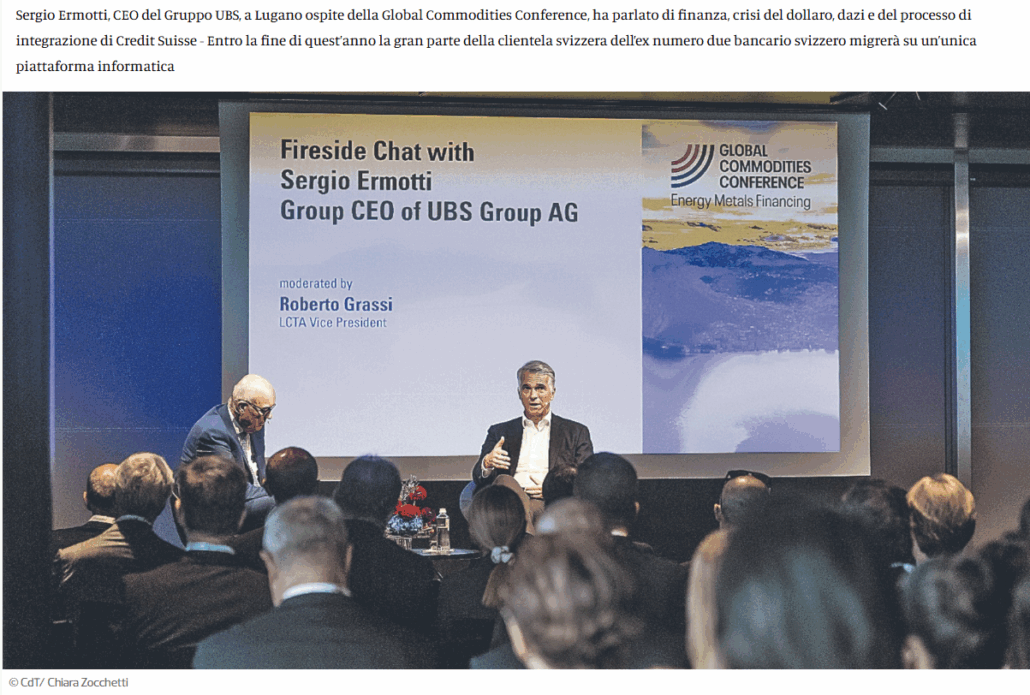
At the Global Commodities Conference, key economic and political trends came under scrutiny — with speakers agreeing that U.S. President Donald Trump lacks a coherent long-term strategy. According to journalist Alan Friedman, multiple indicators suggest the decline of American global dominance.
Keyu Jin, Professor of Economics at HKUST Business School and Harvard University, opened the discussion with a focus on China. Now firmly established as a global power, China, she explained, had at least eight years to prepare for Trump’s policy disruptions. In response, Beijing has opted for tactical concessions — as long as the global free trade system remains intact. China has made remarkable technological strides and no longer perceives strategic competition with the West as an existential threat.
A Clear Vision
«Chinese leaders,» she explained, «have a very clear vision for the country’s future development: they do not seek an economy driven by finance and communication technologies, as in the United States, but one rooted in industry. And they are acting consistently with that vision. Moreover, the fact that there are still hundreds of millions of low-income individuals in China could actually present an opportunity.»
Furthermore, China is striving to diversify its economy as much as possible by moving up the technological value chain — a shift that should make the country more resilient to the tariffs introduced by Trump. «In 2018,» she concluded, «China was more vulnerable, but it has since made tremendous progress. Of course, it still needs to maintain a strong export sector to ensure economic stability, but in the medium term, domestic consumption will become a key driver of growth.»
Emily Harding, Director of Intelligence, Center for Strategic and International Studies (CSIS), then turned the focus to the United States. She emphasized that President Trump does not appear to possess a clearly articulated long-term strategy.
Decisions Based on Instinct
«The issue,» she said, «is that Donald Trump makes decisions based on instinct, and this will shape the future, given that he still has at least three more years in office. He is attempting to rebalance the U.S. trade deficit and bolster domestic industry through tariffs, but he does so using the same tactics that characterized his business dealings — playing hardball, threatening, and negotiating aggressively. But this approach doesn’t always yield results.»
Finally, economist, author, and journalist Alan Friedman delivered a keynote entitled “The Certainty of Uncertainty.” «I’m more pessimistic than my fellow panelists,» he began. «We need to reflect on what Trump has actually accomplished so far — and remember, his term still has another three and a half years to run. The United States is no longer a liberal democracy. I believe we are witnessing the end of the American empire.»
Friedman argued that this trend has been underway for decades but has accelerated dramatically under Trump. «Twenty years from now,» he predicted, «the United States will no longer be the leader of the Western democratic world. Yes, that’s a bold statement. But just look: America, like ancient Rome, has overextended its empire. Its military presence around the world is no longer sufficient to guarantee supremacy. Just consider how things ended in Iraq — now under Iranian influence — and Afghanistan, which is now back under Taliban control. America has been humiliated.»
The End of Multilateralism
«Economically,» Friedman said, «Trump is dismantling multilateralism, and we cannot expect a coherent or stable policy from him — neither politically nor economically. There is no long-term strategic vision. With Trump, every morning brings a new surprise. «Right now, the only real opposition to Trump comes from U.S. Treasury bonds — when their prices fall, interest rates rise.»
Friedman also touched on the erosion of civil liberties. «Trump deployed the National Guard against protesters. And 41% of his supporters believe political violence is acceptable. Trump will likely take full advantage of this.»
Originally published in Italian in the Corriere del Ticino on June 23, 2025 (online) and June 24, 2025 (print edition).
English translation provided by LCTA
Reproduced in full with the author’s kind permission.



